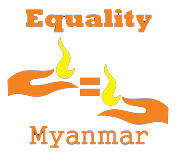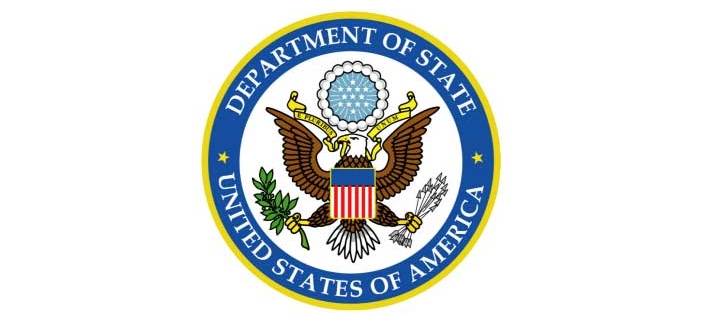FRIDAY, 25 MAY 2012 00:00MIZZIMA NEWS
The U.S. Human Rights Report 2011 included multiple sections on widespread human rights abuses in Burma, while acknowledging surprising progress in democratic reforms.
A summary of the report says significant human rights problems continue, including military attacks against ethnic minorities in border states, which resulted in civilian deaths, forced relocations, sexual violence, and other serious abuses continued, along with unlawful arrest and detention, and a host of other abuses.
However, the report said Burma made progress in moving toward a democracy achieving “greater openness, democracy and liberty.”
Though it said more needs to be done, the report expressed the hope that progress in the country would inspire change in other closed societies like Iran, North Korea, Uzbekistan, Eritrea, or Sudan.
While acknowledging progress it listed numerous areas where human rights are still regularly violated, posing a huge challenge for the country’s future.
“The government continued to detain hundreds of political prisoners. Abuses of prisoners continued, including the alleged transfer of civilian prisoners to military units,” the report said. “These units reportedly were often engaged in armed conflict in the border areas where they were forced to carry supplies, clear mines, and serve as human shields.
Government security forces were responsible for extrajudicial killings, rape, and torture.”
The government detained civic activists indefinitely and without charges, the report said, and abused some prisoners and detainees, held persons in harsh and life-threatening conditions, routinely used incommunicado detention, and imprisoned citizens arbitrarily for political motives. The government infringed on citizens’ privacy and restricted freedom of speech, press, assembly, association, religion, and movement, it said.
“The government impeded the work of many domestic human rights nongovernmental organizations (NGOs). International NGOs continued to encounter a difficult–although somewhat improved—environment,” said he report. “Recruitment of child soldiers, discrimination against ethnic minorities, and trafficking in persons–particularly of women and girls–continued.”
It said forced labor, including that of children, persisted.
“The government generally did not take action to prosecute or punish those responsible for human rights abuses, with a few isolated exceptions,” the report said. “Abuses continued with impunity. Rampant corruption and the absence of due process undermined the rule of law.
Ethnic armed groups also committed human rights abuses, including forced labor and recruitment of child soldiers.”
To download a copy of the full report, go to
http://www.state.gov/j/drl/rls/hrrpt/humanrightsreport/index.htm#wrapper


 Equality Myanmar (EQMM) is a leading nongovernmental organization that organises a wide range of human rights education and advocacy programs, the documentation human rights violations, and provides emergency support for activists, human rights defenders, and their families. We work with a range of local civil society organizations, educators, activists, various local actors, and our programs and activities reach all states and regions in Myanmar.
Equality Myanmar (EQMM) is a leading nongovernmental organization that organises a wide range of human rights education and advocacy programs, the documentation human rights violations, and provides emergency support for activists, human rights defenders, and their families. We work with a range of local civil society organizations, educators, activists, various local actors, and our programs and activities reach all states and regions in Myanmar.
